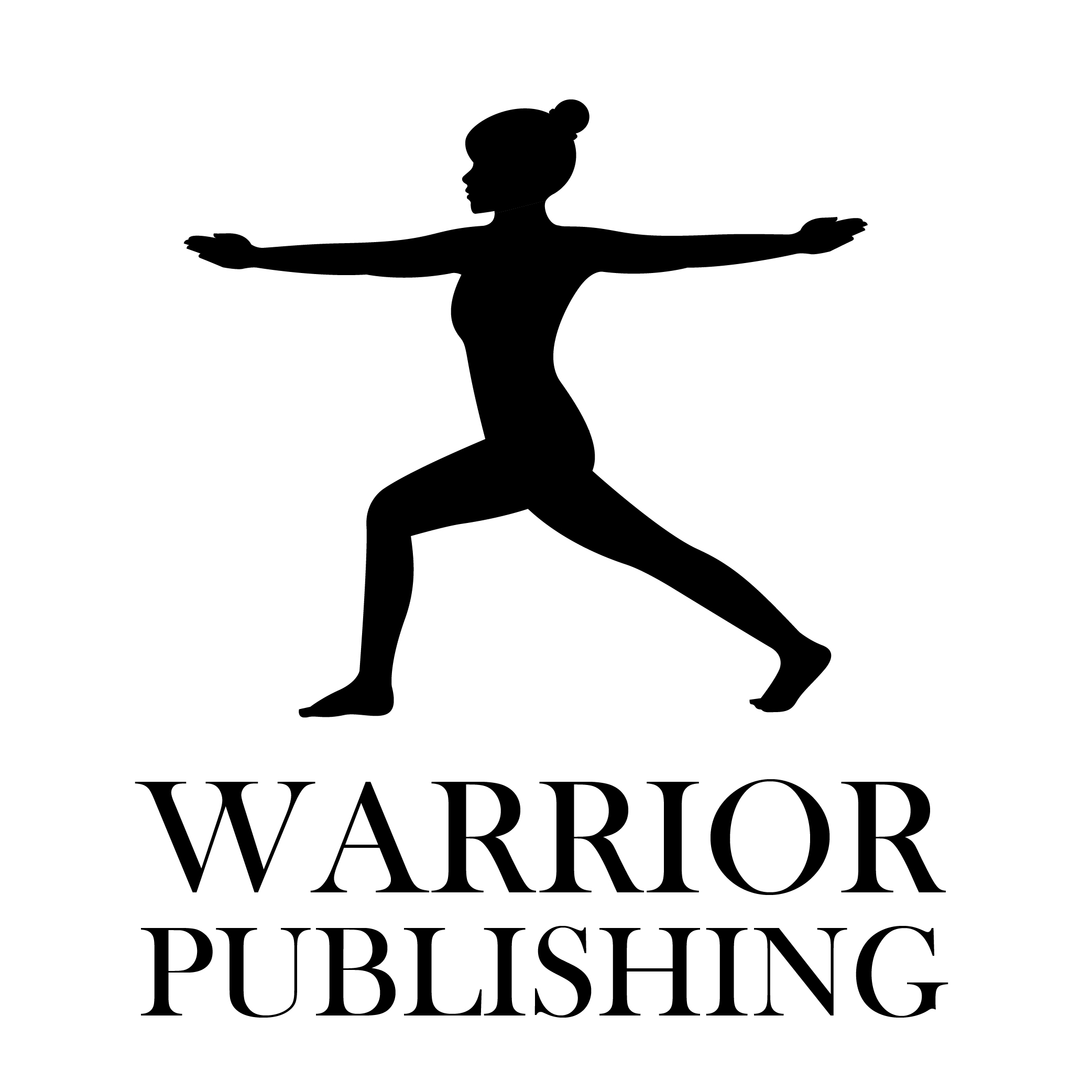When all you do is work, take care of the people in your life, and run out of time or energy for yourself, you risk burnout.
Perhaps you’ve forgotten how to play or just don’t prioritize it right now. Either way, if you’re looking to reduce stress, boost your mood, or simply have more fun in life, read on to discover the power of play.
What makes play so powerful?
Play is a natural way to reduce stress, recover from burnout and become more resilient. It can help you to connect with others, build social capital and even make you healthier.
Despite what your mom told you, play is not just for kids. In fact, adults who play are more productive and happier than those who don’t. Plus, incorporating humor and leisure into your daily life can help reduce stress and burnout while boosting happiness—and they’re two things we could all use more of in our lives!
Who says play can’t be a laughing matter? In fact, incorporating humor into play can take it to the next level of awesome. By indulging in fun and silly activities, we open ourselves up to the possibility of belly-aching laughter and all the health benefits that come with it. Plus, by sharing in these humorous moments, we can create unforgettable memories and bond with our fellow playful people. So don’t be afraid to let loose and add some chuckles to your playtime. Your mind, body, and relationships will thank you for it!
How can you incorporate more play into your life?
Play is fun and can be relaxing, but it’s also a powerful tool for building creativity, self-confidence and resilience. Play can take many forms: physical or mental; done alone or with others; in groups or individually. If you want to incorporate more play into your life (and who doesn’t?), here are some ideas for getting started:
- Make time for play every day. Even just five minutes of unstructured activity can make a huge difference in how you feel when it comes time for work or other responsibilities later on in the day — so don’t let yourself get too busy that there isn’t time left over at the end of each day!
- Try something new at least once per week — whether it’s learning how to juggle oranges while singing “Twinkle Twinkle Little Star” (yes), learning how to knit scarves out of yarn balls found under chairs throughout the office floor space area where everyone sits all day long talking about nothing important whatsoever except maybe politics sometimes? Or maybe even just trying new foods from local eateries nearby where everyone goes after work because it means less traffic during rush hour traffic times which tend not go well together sometimes…
Here are specific examples of play you can try:
- Taking a leisurely walk in nature
- Playing a game with friends that involves silly challenges or telling jokes
- Watching a comedy or engaging in humor
- Learning a new hobby or skill just for the fun o f it
- Engaging in creative activities such as drawing, painting, or writing
- Dancing, singing, or playing music
It’s important to note that play doesn’t have to be childish or silly. It can take many forms and can be adapted to suit individual interests and preferences.
Obstacles to play and how to overcome them
Let’s face it, incorporating play into our lives can be challenging. We’ve got work, family obligations, and a never-ending to-do list that can make it seem like there’s no time for fun and games. Plus, there’s the ever-present guilt that comes with taking a break from our responsibilities to indulge in frivolous activities. But fear not, dear reader, for these obstacles can be overcome with a little creativity and a lot of determination.
First, let’s address the “no time” conundrum. You’re busy, we get it. But guess what? Everyone has the same 24 hours in a day, and some people manage to fit in playtime just fine. So, take a look at your schedule and see where you can carve out some time for play. Maybe it’s a lunch break where you can toss around a frisbee, or an evening where you can challenge your friends to a game of cards. The point is, don’t let “not having enough time” be your excuse for not having any fun.
Next up, let’s talk about the guilt. You know the feeling – you’re trying to relax and enjoy yourself, but all you can think about is the pile of work waiting for you back at the office. Well, it’s time to give yourself permission to play guilt-free. Remind yourself that taking a break from work can actually make you more productive and creative in the long run. Plus, life is short, and you deserve to enjoy it. So go ahead, indulge in that game of mini-golf or that improv class you’ve been eyeing.
Lastly, let’s tackle the belief that play is frivolous or unproductive. Sure, it might not seem like you’re accomplishing much when you’re playing a game of Jenga, but the truth is, play can have serious benefits for our mental and physical health. It can reduce stress, boost our mood, and even improve our cognitive function. So the next time you’re feeling guilty about taking a break to play, remind yourself that it’s not a waste of time – it’s an investment in your well-being.
Conclusion
Play is not just for kids – it’s for stressed-out, burned-out adults too! By incorporating play into our lives, we can reduce stress, boost our mood, and connect with others in meaningful ways. And while obstacles to play may exist, with a little creativity and determination, we can overcome them and make play a priority in our lives.
So go ahead, let loose, and embrace your inner child (without getting arrested, of course). Whether it’s a game of tag with your coworkers or a solo dance party in your living room, find ways to infuse play into your daily routine. Who knows, it might just be the key to unlocking your creativity, productivity, and overall sense of well-being. And if anyone gives you a hard time about it, just remind them that you’re doing important research on the benefits of play – and that you’re having a lot more fun than they are.
—————————-
Want me to speak to your organization about managing stress? Check out my keynote, “Make Stress Your Superpower.”
—————————-
Do you want to get my Burnout Checklist for free?
I’ve created a checklist to help you identify signs of burnout and steps to take to get immediate results. Curious?
Author

Dr. Sharon Grossman, AKA the Burnout Doc, is a clinically trained psychologist and subject matter expert in burnout and mental health. Associations and Fortune 500 companies hire her to be their closing keynote speaker, to help their members and executives crack the code on burnout, and create custom-tailored solutions for recovery.
Over the past 20 years, Dr. Sharon has been helping high achievers who are struggling with anxiety, overwhelm, and burnout go from exhausted to extraordinary by better understanding how their brain works and how they can design and run their programming on purpose to live the kind of life they want to live. She is the author of several books on burnout and mindset and host of the Decode Your Burnout podcast. Through her speaking, training, and coaching, she helps organizations keep their top talent.


Recent Comments